|
In a speech from the East Room of the White House on Monday, President Joe Biden announced how over $40 billion in broadband infrastructure money will be distributed to state-based broadband grant programs under the Broadband Equity, Access and Deployment (BEAD) program. 19 states will receive more than $1 billion under the program, with Texas leading the way at $3.3 billion. Allocations are based on the number of premises without adequate broadband service (at least 25 Mbps download and 3 Mbps upload) as determined by the national broadband map. Here's how states with CBAN members fared under the BEAD allocations (rounded numbers):
BEAD TimelineThe timeline below is taken from the NTIA guide for eligible entities: Although it is difficult to tell exactly from the timeline, we do know that the 180 day window for states/territories to send in their plans to NTIA goes until the end of December 2023. If subsequent steps follow the graphical timeline, it appears that the first 20% of funding would be released to the states around April 2024, with the final 80% not in the hands of states/territories until the end of 2024 - three full years from the date that Congress approved the Infrastructure Investment and Jobs Act into law.
0 Comments
Four states have now published their draft Digital Equity Plans and are taking public comments on those plans. Montana was the first plan to be published, and its public comment period has already closed. Other state plans that are now available for review and are accepting public comments are Louisiana, Maine, and Utah. As states release their draft Digital Equity Plans and make them available for public comment they will be posted HERE.
The Chairwoman of the Federal Communications Commission (FCC) is proposing a formal Notice of Inquiry to explore whether the FCC should take action to ensure that data caps and other usage based broadband policies don't negatively impact consumers or harm competition. FCC Chairwoman Jessica Rosenworcel outlined her desire to launch an investigation in a news release late last week. "In particular, the agency would like to better understand the current state of data caps, their impact on consumers, and whether the Commission should consider taking action to ensure that data caps do not cause harm to competition or consumers’ ability to access broadband Internet services." -- FCC Chairwoman Jessica Rosenworcel As part of the effort, the FCC has set up a portal for broadband consumers to share their stories about how data caps have affected them.
 The Iowa Office of Chief Communications Officer (OCIO) has announced a new round of grant opportunities that would offset up to 80% of the cost to build broadband to unserved and underserved Iowans. This latest round of the Empower Rural Iowa Broadband Grant Program makes up to $148,960,000 available to qualifying providers. Notice of Funding Availability #008 (NOFA 8) utilizes information gathered this spring when communities identified areas in greatest need of better broadband. The OCIO used that information to create 96 "Broadband Intervention Zones" in Iowa and ranked each one according to a scoring matrix. NOFA 8 represents higher levels of funding support than any of the previous grant opportunities. Applications that cover at least 80% of one of the top 20 ranked broadband intervention zones would receive up to 80% of their costs reimbursed. Lower grant amounts are available for lower ranked zones. Although NOFA 8 has been announced, the application window does not open until July 14, 2023. The grant timeline is shown below.
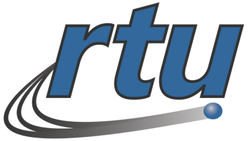 Reinbeck Telecommunications Utility (RTU), a CBAN Provider Member, is seeking a new general manager. CLICK HERE for the complete job description. RTU currently operates a hybrid fiber-coaxial network as well as fixed wireless service in rural areas of Grundy and Tama County. Interested persons should submit a cover letter and resume to [email protected]. Current GM Eric Lage is departing RTU for another career opportunity in late July.
 The National Telecommunications and Information Administration (NTIA) has announced the recipients of funding for middle-mile fiber projects. The funding was part of the bipartisan infrastructure act. Overall, $930 million was awarded to 35 projects in 33 states and Puerto Rico. A look at the list of winning applicants shows a wide variety of applicants - traditional telecom companies, governments, tribal organizations, and energy companies. As mentioned in an article at Broadband Breakfast, the states receiving the largest funds for these middle mile projects are Alaska ($89 million), California ($73 million), Texas ($72 million), Michigan ($61 million), New Mexico ($50 million), Nevada ($44 million) and Kansas ($43 million).
The newest episode of the CBAN podcast "Broadband Action" is now available for streaming on your favorite podcast platform. In this episode we focuses on Devices and Digital Equity. A key element of digital equity efforts is getting the right devices into the hands of people who need them. In this episode, Jon Willow and Curtis Dean with CBAN chat with Karisa Tashjian, Director of Programs at Digitunity, a non-profit that advocates for device ownership.
Check out Broadband Action and spread the word! CBAN is excited to welcome our newest associate member, Telrad! Telrad provides fixed LTE solutions for wireless ISP's, telecommunications operators, and private enterprises. Telrad Networks is an established global provider of innovative end-to-end wireless telecom solutions. Its primary customer base consists of wired and wireless ISPs, municipalities, public and private enterprises. Its expansive portfolio consist of 2.5, 3.5, 5GHz and CBRS solutions. Telrad stands at the forefront of LTE-A technology with a forward looking path to 5G, offering the highest peak performance in many near and non-line-of-sight (nLOS/NLOS) deployments. Please join us in welcoming Telrad to our CBAN family!
33 broadband projects across 19 states will receive $714 million in funding for fiber networks under the latest round of funding for the US Department of Agriculture's ReConnect Program. The funds are a mix of grants and/or loans and are part of the Infrastructure Investment and Jobs Act. The projects are in the states of Alaska, Arkansas, Arizona, California, Georgia, Idaho, Kansas, Kentucky, Minnesota, Missouri, Montana, New Mexico, Ohio, Oklahoma, Oregon, South Carolina, Tennessee, Utah and Washington. CLICK HERE for more information about the latest round of ReConnect funding announced this week.
|
Broadband Bytes NewsPresented by the Community Broadband Action Network and curated by Curtis Dean. Archives
July 2024
Categories
All
|

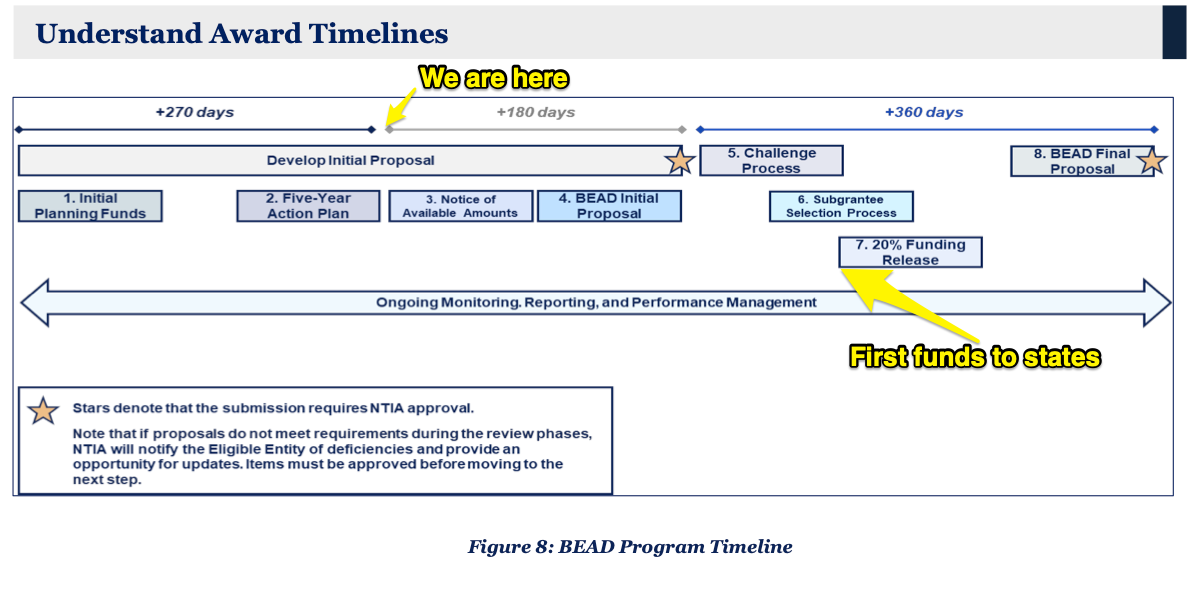
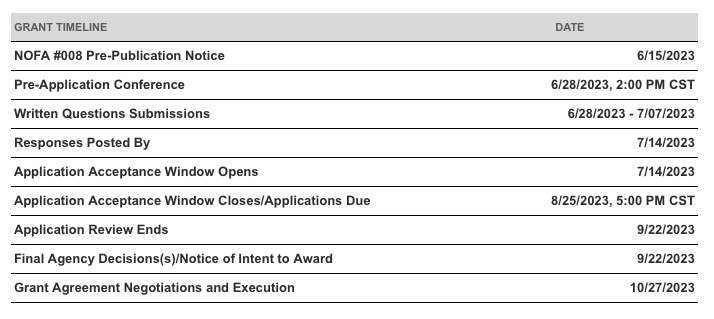
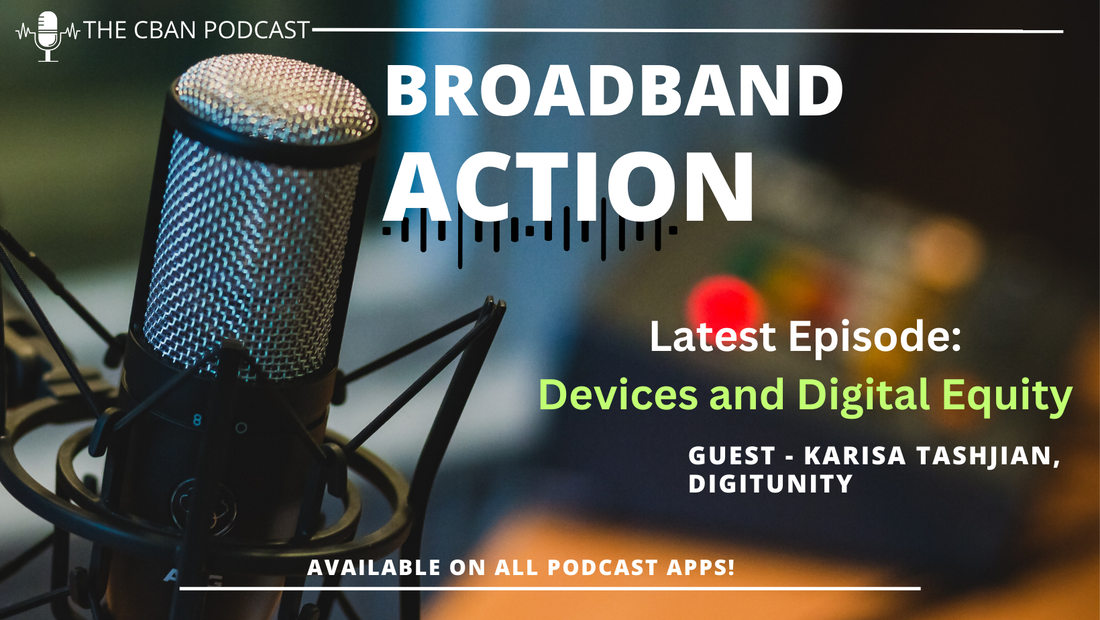




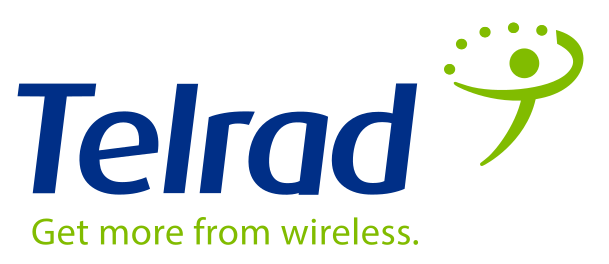
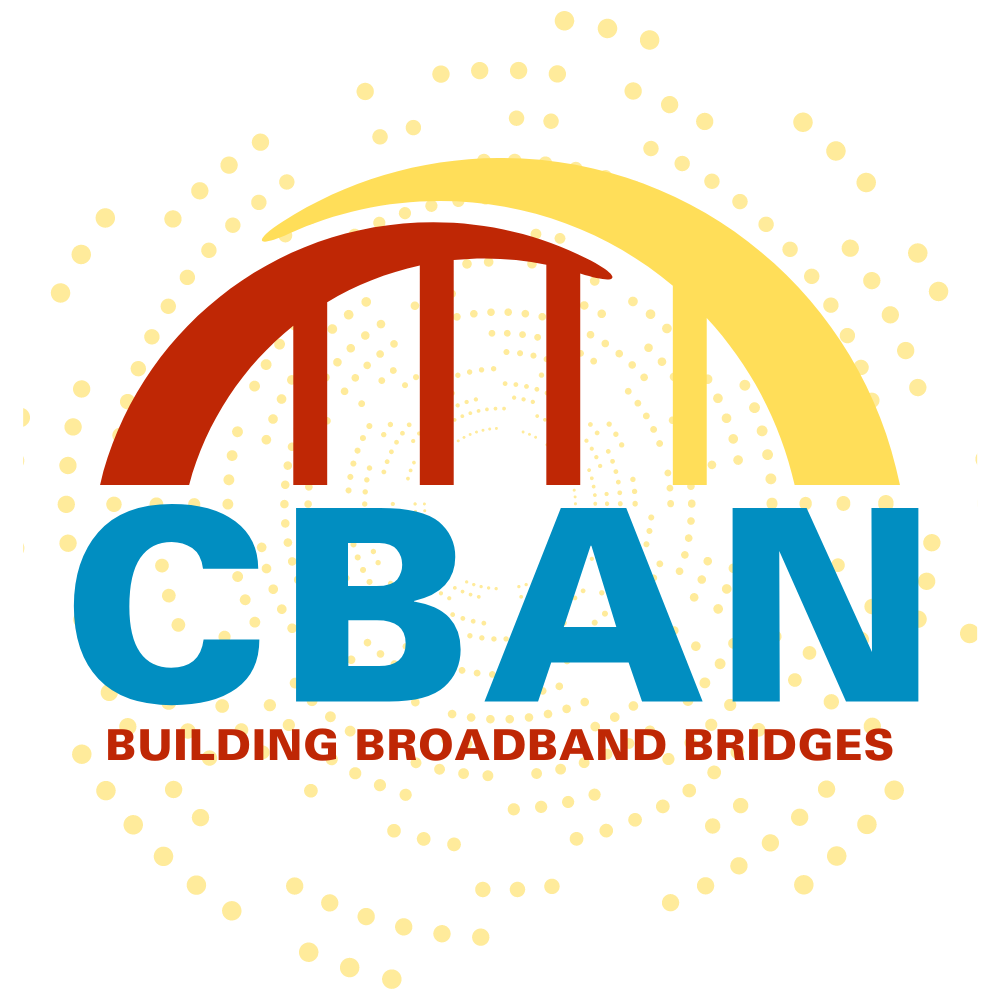
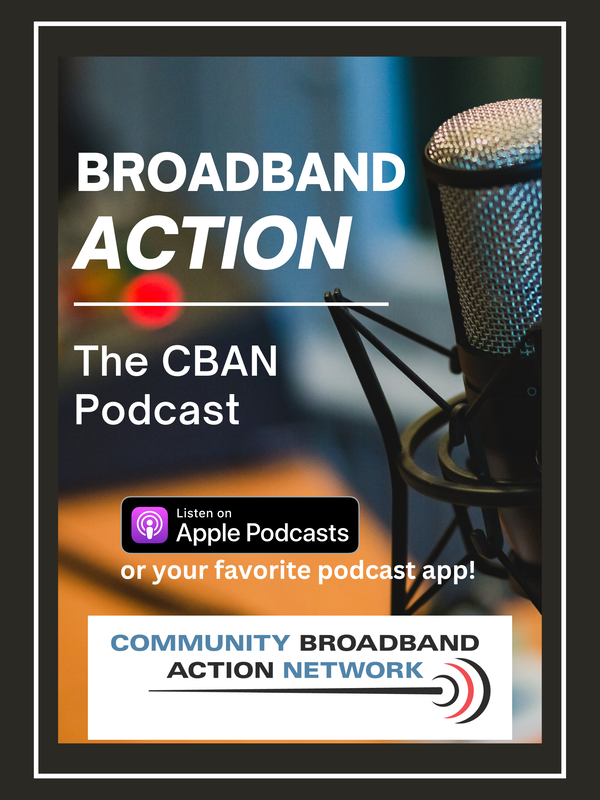

 RSS Feed
RSS Feed
